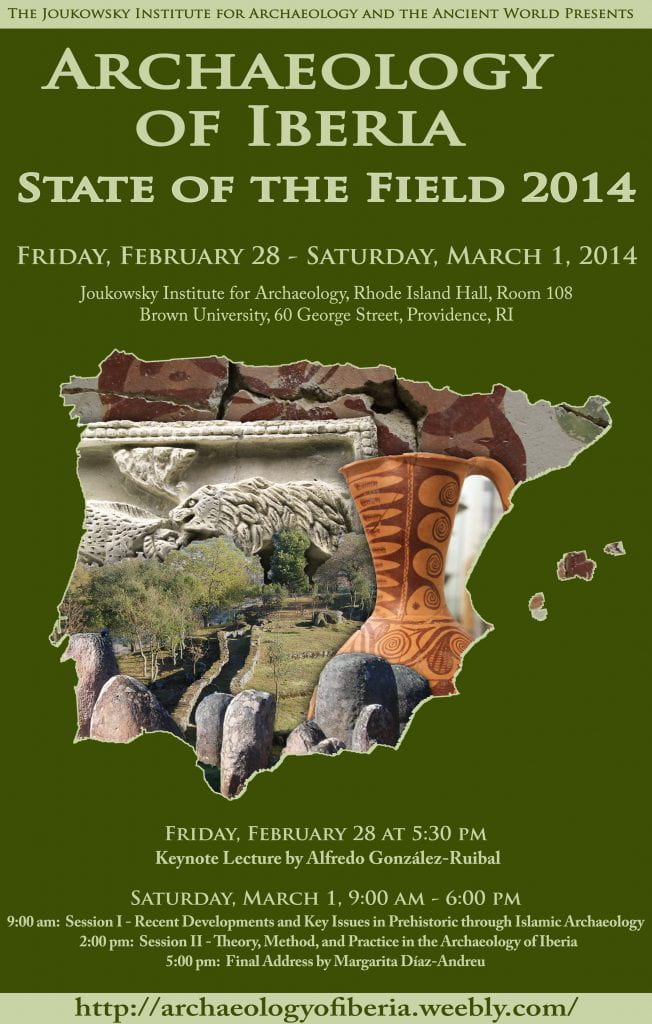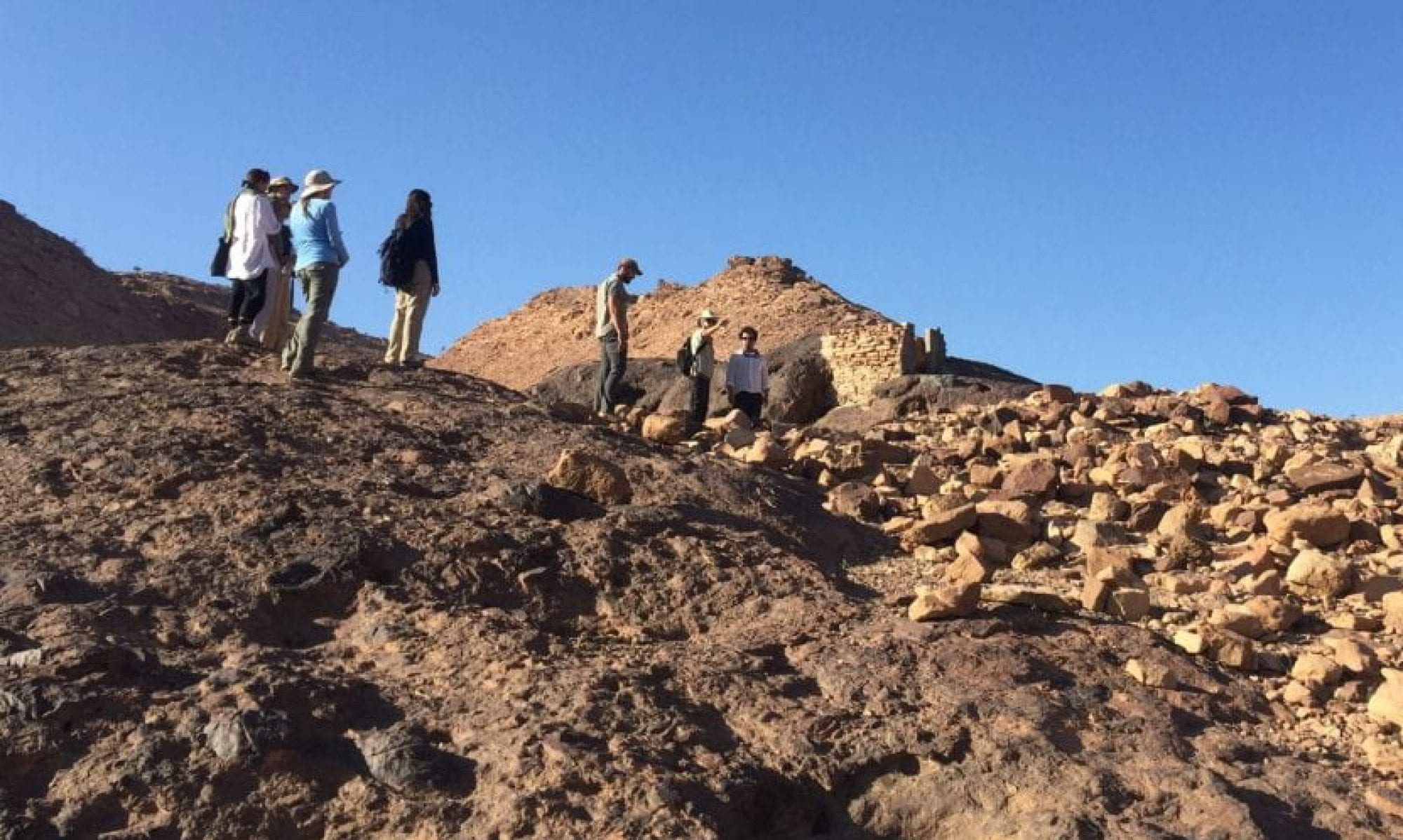 The Iberian Peninsula is rich in archaeological remains of global importance from Neanderthal tools to Phoenician ports and from Roman arches to mass graves from the Spanish Civil War. In spite of this, the archaeology of Iberia is little studied outside of the peninsula itself. Political and linguistic factors have resulted in relatively isolated academic and archaeological communities in Spain and Portugal in stark contrast to other Mediterranean nations, such as Italy and Greece, with long histories of international collaboration.
The Iberian Peninsula is rich in archaeological remains of global importance from Neanderthal tools to Phoenician ports and from Roman arches to mass graves from the Spanish Civil War. In spite of this, the archaeology of Iberia is little studied outside of the peninsula itself. Political and linguistic factors have resulted in relatively isolated academic and archaeological communities in Spain and Portugal in stark contrast to other Mediterranean nations, such as Italy and Greece, with long histories of international collaboration.
In recent decades, however, the involvement of international scholars in cooperative projects in Iberia has increased notably. Nonetheless, there remain some stubborn divisions amongst Iberian archaeologists that hinder progress — for example, about the most appropriate types of archaeological method and theory, or between differing traditions in prehistoric and Classical archaeology. The time is ripe for conversation and debate about such issues.
From February 27 through March 1, the Joukowsky Institute for Archaeology and the Ancient World will host a conference and seminar series called “Archaeology of Iberia: State of the Field.” The event will provide a forum for international scholars across disciplines, temporal foci, and theoretical schools to discuss ongoing obstacles and future directions in the archaeology of this region.
